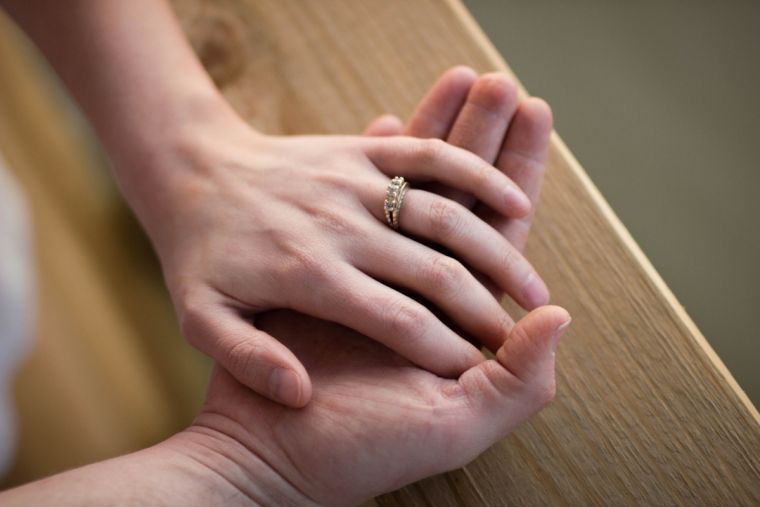MPs back 'no-fault' divorce Bill

MPs last night backed a Bill introducing 'no-fault' divorces in England and Wales.
Following a debate in the Commons, the Bill was passed by 231 votes to 16 against.
The Bill seeks to relax the rules around divorce so that spouses no longer have to allege a fault, like adultery or unreasonable behaviour. It would also reduce the time needed to obtain a divorce to six months by eliminating the need for a two-year separation.
Backing the changes, Justice Secretary Robert Buckland said: "It is because I believe in the family that I think these measures are the right approach.
"Some people might think that is contradictory, but I do not believe so, because I think it is our responsibility in the legal process to try to reduce conflict, because conflict leads to emotional difficulty.
"It can lead to damage. It can lead to serious consequences, not just for the adults in the relationship but, let us face it, the children, too. We owe it to them to minimise in our legal processes, rather than maximise, the damage that can be caused."
Danny Kruger was one of 12 Conservative MPs to vote against the Bill during its second reading on Monday night.
The MP for Devizes said: "What is really proposed here isn't just a speeding up of no-fault divorce, but the effective abolition of the marriage vow.
"In trying to remove hypocrisy at the end of marriage, we are introducing hypocrisy at the start. In the attempt to improve the integrity of the law the Government is undermining the integrity of marriage."
Fiona Bruce MP also voted against, saying "the message that this Bill sends out is that divorce will be quicker and easier".
"This Bill will undermine an important understanding of the assumed permanence of marriage," she said.
"There is likely to be an immediate increase in divorces—a spike that could last for a decade or more.
"People experiencing marital difficulties in the coronavirus crisis may be more likely to bail out following the introduction of no-fault divorce, under the impression that divorce is being made easier. Some of those marriages may well be saveable."
Christians have also been critical of the Bill. In a letter published in The Times, CARE's James Mildred called for more investment in relationship support to keep families together.
"To my mind it is simply beyond comprehension that when marriages are under greater pressure because of the lockdown, the Government should be attempting the biggest reform to divorce law in England and Wales for 50 years," he said.
"Making divorce easier and quicker in many contexts will inevitably change the nature of the commitment that is made when marrying because those doing so will recognise that it is something that can be exited easily and quickly, without having to prove that the relationship has broken down.
"I know many will disagree, but this is surely the wrong approach. What's needed is more investment in relationship support services. Let's help people stay together, not make it easier for them to separate."
Ciarán Kelly, Deputy Director of The Christian Institute, has also warned of a spike in divorces.
He said: "By removing the incentive and reducing the time to reconcile, an increase in divorce is inevitable. Tragically, thousands more marriages will end, with all the trauma and sorrow that will bring."











